An off-grid demo village brings together various smart energy solutions

The Eilat-Eilot Off-Grid Hub village is located in Arava desert is South Israel
The Eilat-Eilot Off-Grid Hub village is located in Arava desert is South Israel
The Eilat-Eilot Off-Grid Hub village showcases clean-tech solutions for housing, energy, water and agriculture for remote and off-grid areas in any part of the world. It was built in 2014 in the fairly remote Arava desert in Israel, where the only natural resources are abundant sunlight and open spaces. Its creators are the non-profit Arava Institute for Environmental Studies and the Eilat-Eilot Renewable Energy Initiative, aiming to provide a testing ground for eco-minded companies and furthermore to improve the lives of people outside the grid.
The village features three solar-powered demo buildings constructed by volunteers from Kibbutz Lotan’s Eco-Building Program: a thatch-roofed communal building with innovative sources of natural light and ventilation, a straw-and-wool insulated plywood house roofed with palm leaves (for ventilation) and metal (for protection from the elements), and a dome-shaped “Earth Bag” house made with sacks of local soil. All three of them are based on existing building types found in off-grid communities and can be constructed inexpensively with locally found materials. However, a number of ‘green’ improvements have been made to them. Most of them launched by Israeli startups: the solar-powered water-purification and desalination system by SunDWater, the backyard biodigesters that convert organic waste into clean biogas for cooking, heating and lighting by HomeBioGas and the portable solar energy generator by Kalisaya. Various clean-tech companies involved in the hub can further develop their products with the assistance of researchers from Arava Institute for Environmental Studies and eventually reach communities in need of these technologies.
For the time being, the majority of the electricity used in the village -104 MW- is solar and biogas-generated in its own premises and by 2040, Eilat-Eilot could be entirely energy-independent and free of fossil-fuel and carbon emissions.
Source: Israel21c
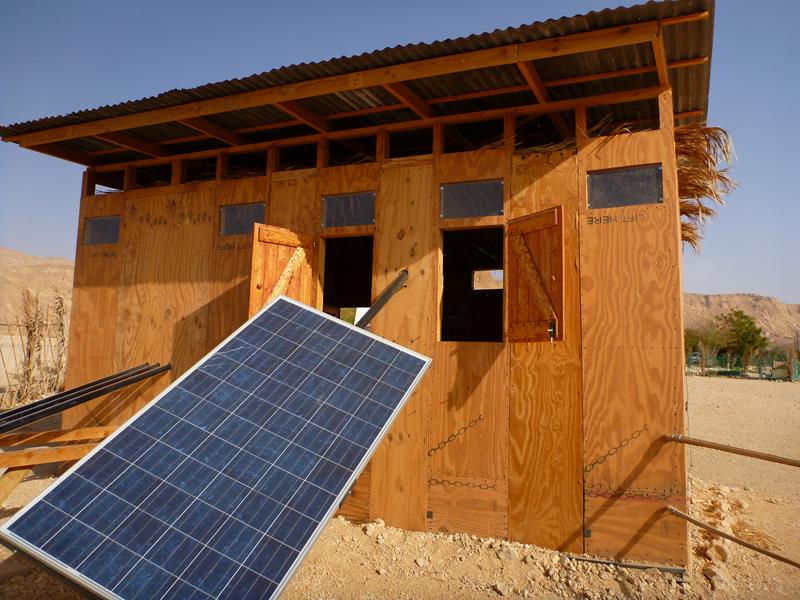
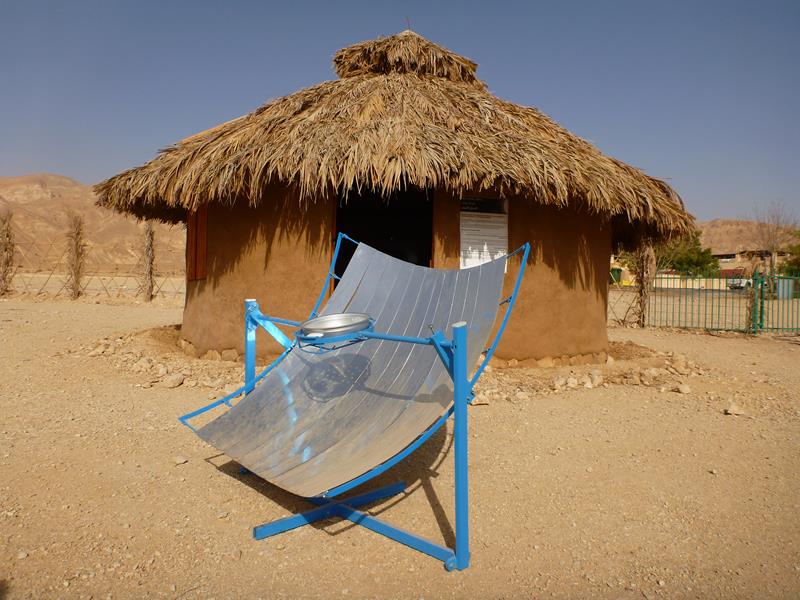
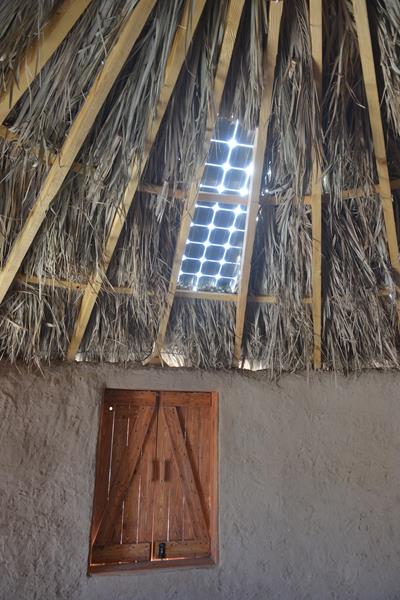
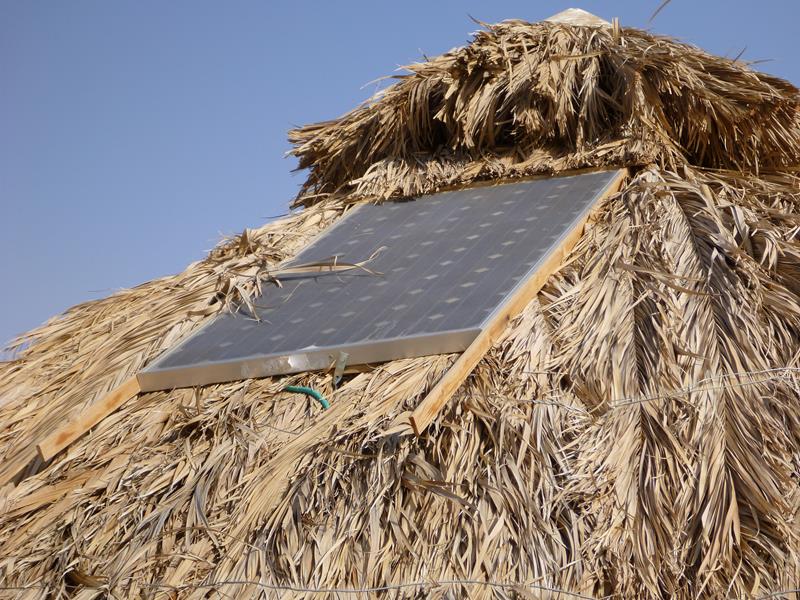

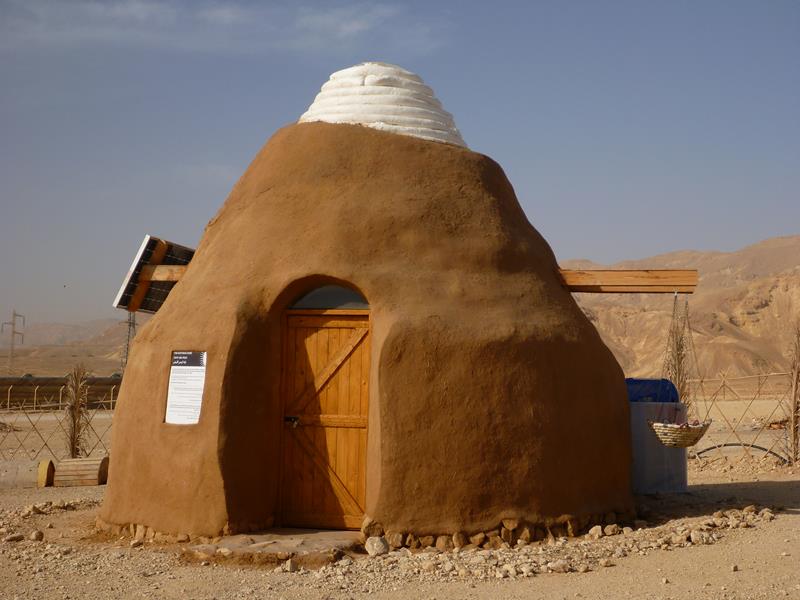

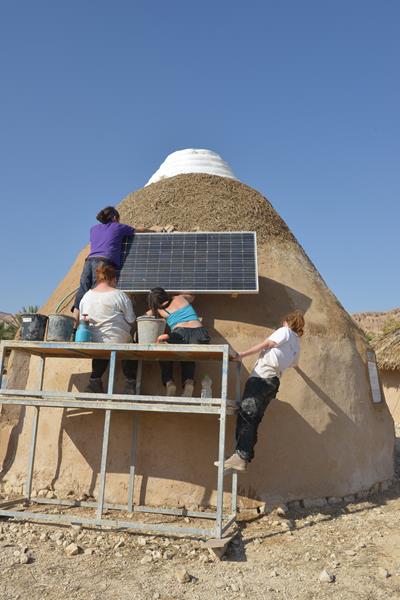
Source: Israel21c
Want to read more like this story?
The prospects for carbon-neutral buildings
Oct, 27, 2023 | NewsIn the United Kingdom, buildings account for 33% of greenhouse gas emissions and 40% of global ener...
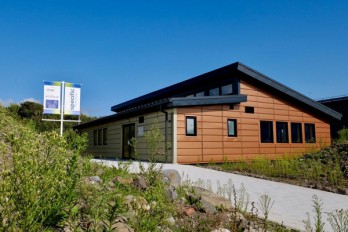
UK’s first energy-positive office opens in Swansea
Jul, 16, 2018 | NewsThe UK's first energy-positive classroom generates more than one and a half times the solar energy i...

Hybrid biomass and solar energy system for water desalination
Sep, 12, 2017 | NewsThe integrated desalination system could provide drinking water to poor and rural communities at a l...

SuntoWater generators produce 150-400L of potable water per day out of thin air
Mar, 06, 2017 | NewsThey can be powered by solar or solar plus grid power They can be powered by solar or solar plus...
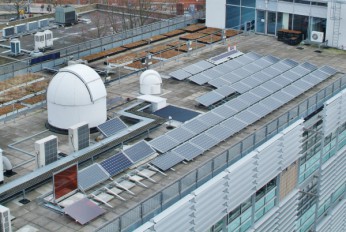
Researchers have developed a solar forecasting tool for greater efficiency and reduced energy costs
Nov, 28, 2017 | NewsThe tool is intended for electricity grid operators as well as energy generators and traders The to...
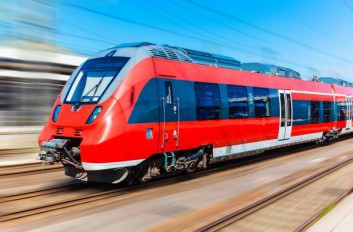
Could trains be directly powered by track-side solar panels?
Apr, 05, 2017 | NewsResearchers at Imperial College are trying to find out Researchers at Imperial College are trying...
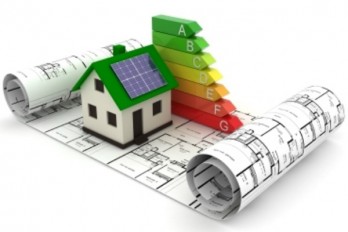
EU Parliament is updating the EU's rules to further improve the energy efficiency of buildings
Apr, 12, 2018 | NewsFrom January 1st, 2021, all new buildings in the EU should use little or no energy for heating, cool...

Prince Edward Island (PEI) unveils 10-year energy strategy to grow on-island renewables and achieve net-zero by 2040
Nov, 10, 2025 | NewsThe province of Prince Edward Island (PEI) has released a comprehensive 10-year energy strategy cov...
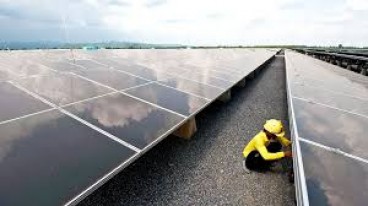
Thailand’s first large-scale solar power plant has been operating successfully for 4 years now
Jul, 08, 2016 | NewsIt demonstrates the feasibility of large, private sector solar farms, and leads the way to a greener...
Trending
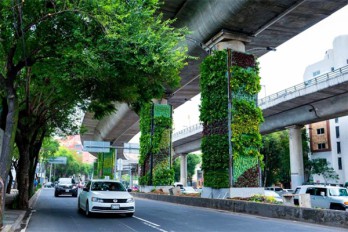
Vertical gardens in Mexico City to combat pollution
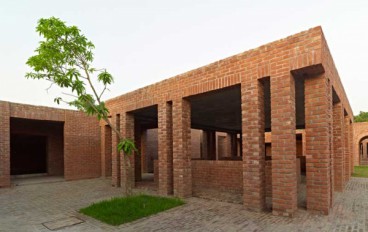
Characteristics of Load Bearing Masonry Construction

Taipei 101’s impressive tuned mass damper
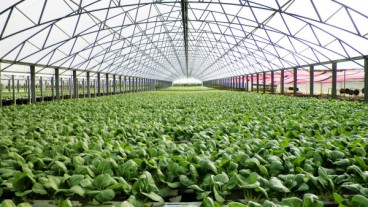
Dutch greenhouses have revolutionized modern farming

The Line at Neom faces feasibility reassessment while construction continues

The Line at Neom faces feasibility reassessment while construction continues

King Salman Gate unveiled adjacent to Mecca’s Grand Mosque

